Cable internet providers
Cable internet is a common internet type that uses coaxial cables to deliver an internet connection. It’s also one of the most widely available connection types. Check your address to see which cable providers are available in your area.
Related pages
-
Featured
![Advertised vs. actual internet speeds — Are you getting the internet speeds you pay for?]() Advertised vs. actual internet speeds — Are you getting the internet speeds you pay for? Joe Supan — 5 min read
Advertised vs. actual internet speeds — Are you getting the internet speeds you pay for? Joe Supan — 5 min read -
Featured
![Fiber vs. cable internet: Compare speeds & prices]() Fiber vs. cable internet: Compare speeds & prices Camryn Smith — 5 min read
Fiber vs. cable internet: Compare speeds & prices Camryn Smith — 5 min read -
Featured
![Internet connection types: DSL, Cable, Fiber]() Internet connection types: DSL, Cable, Fiber Lisa Iscrupe — 6 min read
Internet connection types: DSL, Cable, Fiber Lisa Iscrupe — 6 min read
Latest
-
Friday, December 13, 2024
How to self-install internet to save moneyCamryn Smith — 3 min read
-
Friday, December 13, 2024
How to know if someone is stealing your internetRobin Layton — 3 min read
-
Friday, December 13, 2024
Signs you’ve been hacked and how to prevent hackingRobin Layton — 4 min read

Subscribe to our weekly newsletter for internet news and promos
By subscribing, you agree to receive Allconnect newsletter and promotional emails. Your privacy is important to us.



















